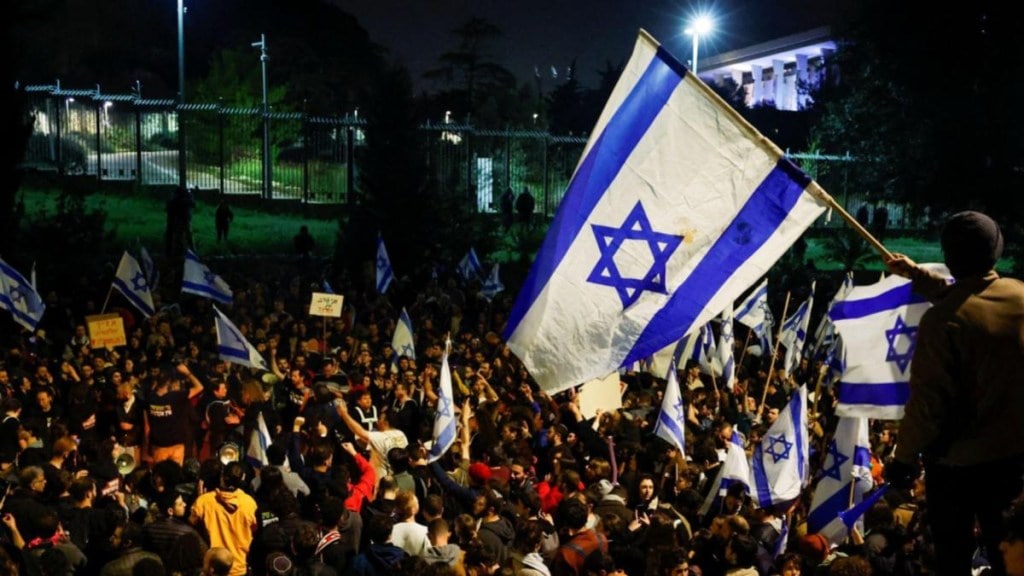The assassination of Hamas chief Ismail Haniyeh marks a significant and alarming escalation in Israel’s military actions beyond its borders. The operation, carried out in Tehran, Iran’s capital, underscores Israel’s determination to target perceived threats wherever they may be. This unprecedented action has sparked a new wave of tension and raises critical questions about the future stability of West Asia.
The Assassination of Ismail Haniyeh
Haniyeh, the head of Hamas’s political bureau, was killed in the early hours of July 31, alongside one of his bodyguards, at his residence in Tehran. This targeted killing, confirmed by both Hamas and Iran’s Islamic Revolutionary Guard Corps (IRGC), represents a bold move by Israel to strike at the heart of its enemies. The Israeli government has remained silent on the operation, but the statement from Hamas and reactions from regional actors highlight the gravity of the event.
Israeli minister Amichai Eliyahu justified the killing, stating that “the world will be better with the killing of the Hamas leader. This sentiment reflects Israel’s broader strategy of eliminating key figures who they believe pose a direct threat to national security. The killing of Haniyeh comes after a nine-month conflict with Hamas, during which Israel faced numerous terror attacks attributed to the group’s leadership, particularly the infamous October 7 attacks orchestrated by Haniyeh.
A Broader Campaign of Targeted Killings
Haniyeh’s assassination is not an isolated incident. On the same day, Israel also targeted Hezbollah commander Fouad Shukar in Beirut, Lebanon. Shukar, accused of orchestrating attacks in the Golan Heights, was a significant figure within Hezbollah, a group allied with Iran and considered a formidable adversary by Israel. The coordinated strikes indicate a broader Israeli campaign to neutralize key militant leaders in the region, reflecting an aggressive stance that extends beyond conventional boundaries.
Regional and International Reactions
The assassination has provoked a range of responses from regional actors. Hamas condemned the killing as a “cowardly act” and vowed retaliation. Mohammed Ali Al, head of Yemen’s Houthi Supreme Revolutionary Committee, labelled the operation a “heinous terrorist crime.” Iran, for its part, convened an emergency meeting, signalling the seriousness with which it views the incident. The presence of Iran’s Supreme Leader and the chief of the Quds Force at the meeting underscores the potential for a significant retaliatory response.
The implications of Israel’s actions are far-reaching. By carrying out such a high-profile assassination in Iran, Israel has demonstrated its willingness to engage in cross-border operations, potentially destabilizing the already volatile region. The killing of Haniyeh, who had long been a target of Israeli Prime Minister Benjamin Netanyahu, also fulfils a personal vow made by the Israeli leader, highlighting the deeply personal nature of this conflict.
Future Implications
The assassination of Ismail Haniyeh and the simultaneous killing of Fouad Shukar indicate a deliberate and calculated effort by Israel to weaken militant groups in West Asia. However, these actions may also provoke a harsh response, particularly from Iran, which has a history of retaliating against such provocations. The international community now watches closely to see how Iran and its allies will respond to what they perceive as an egregious violation of their sovereignty.
In conclusion, Israel’s recent actions in Tehran and Beirut mark a dangerous escalation in its military strategy, one that could have profound implications for regional stability. As tensions rise, the risk of broader conflict looms, making it imperative for diplomatic efforts to mitigate the fallout and prevent further bloodshed in West Asia.
